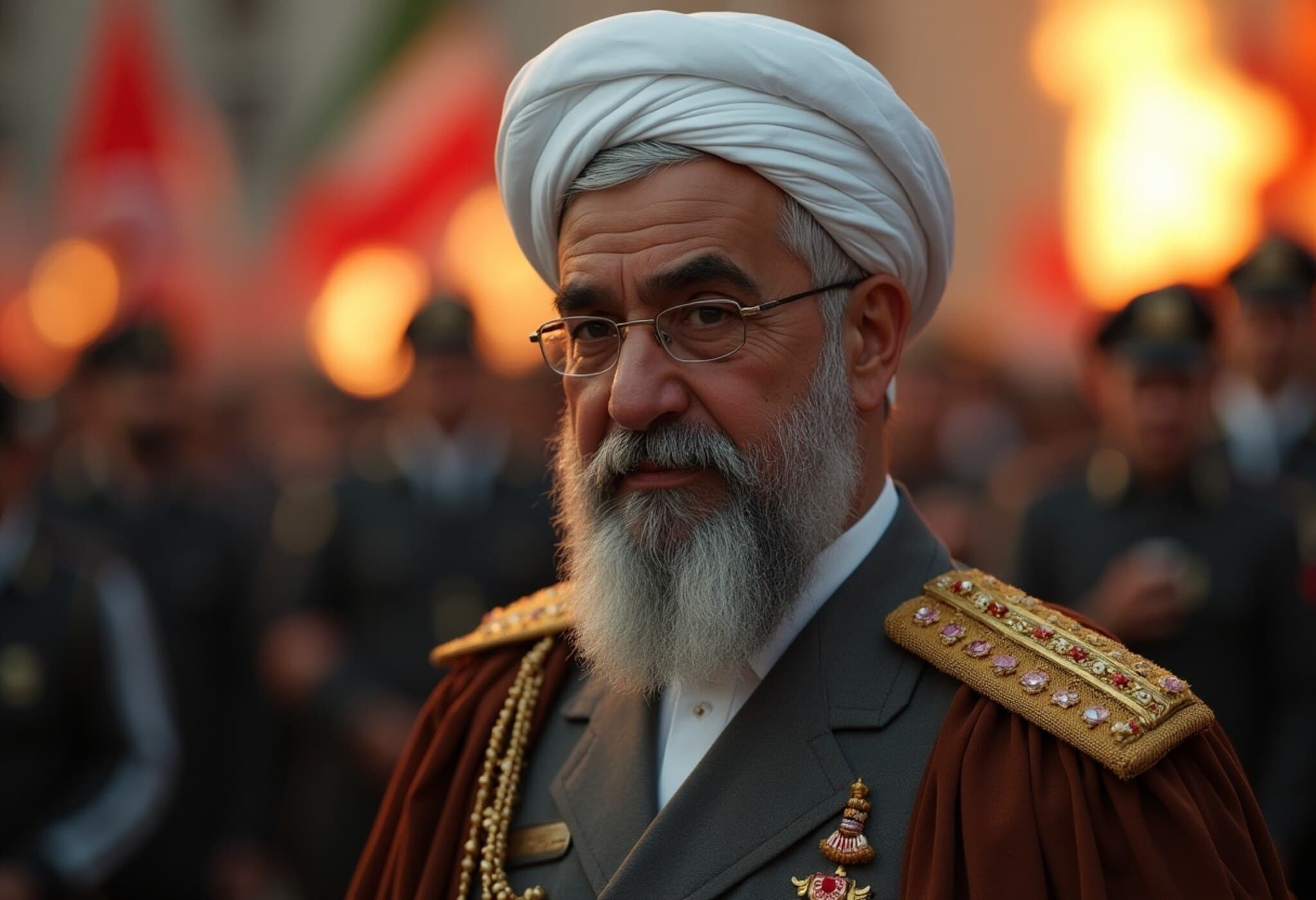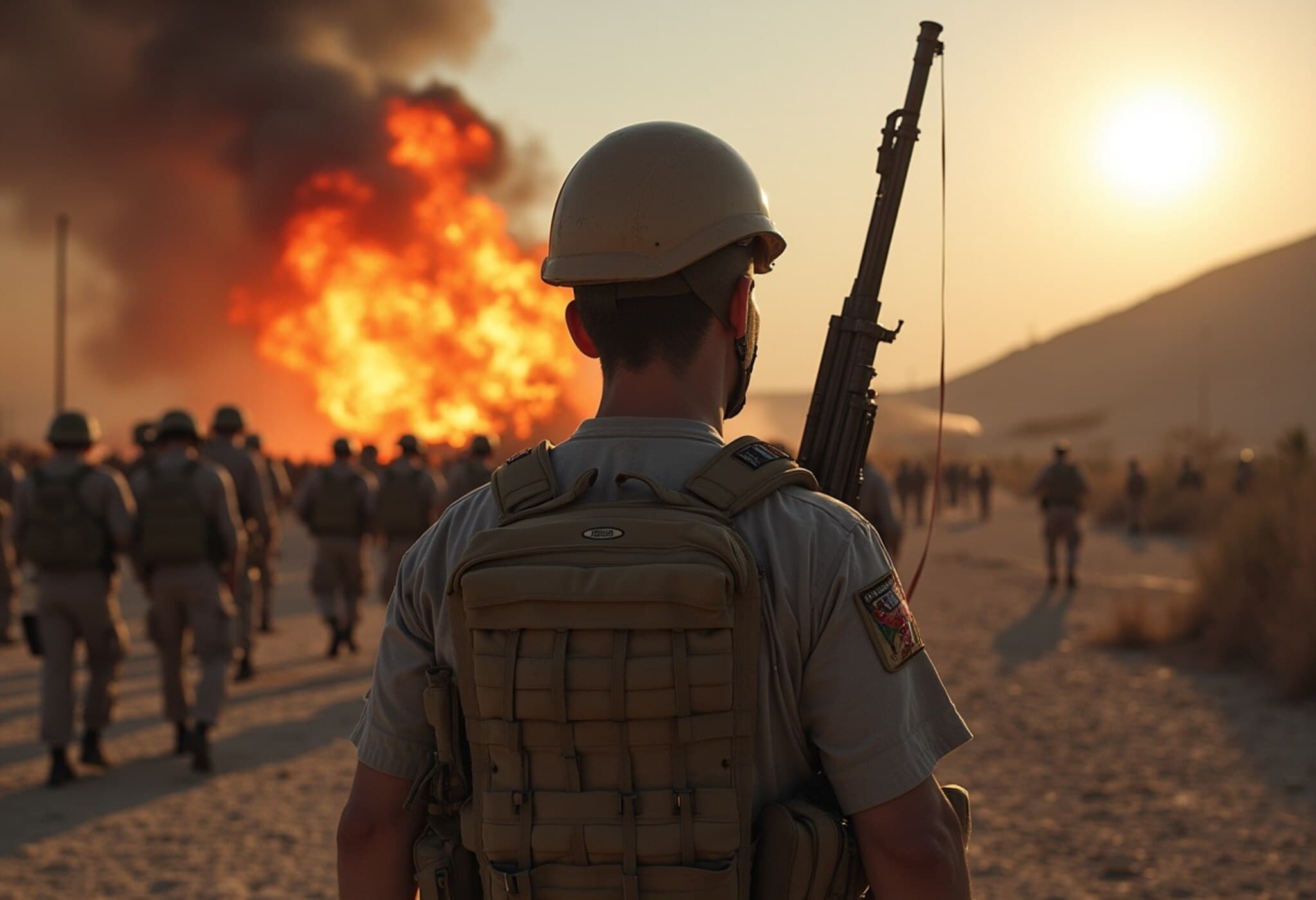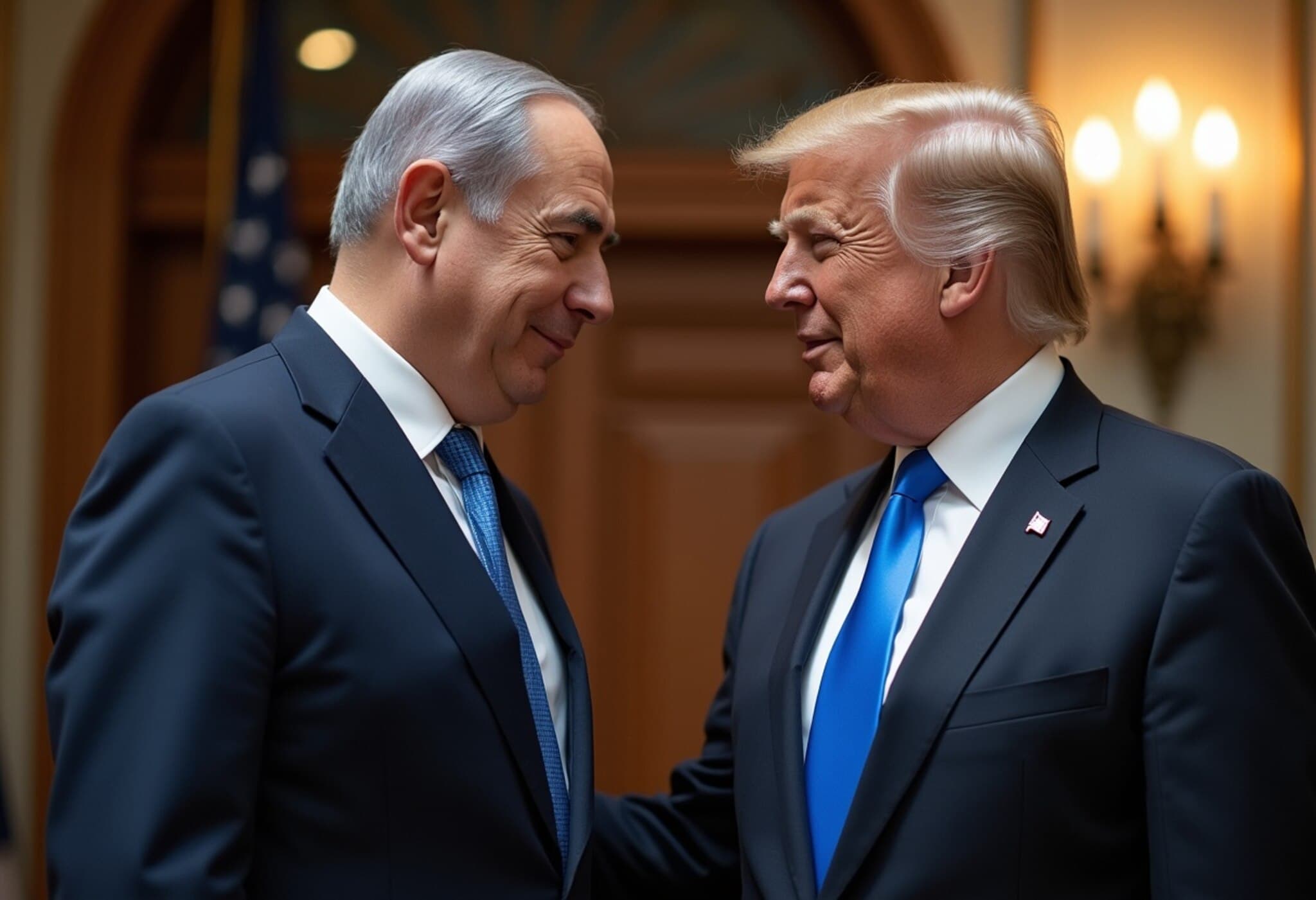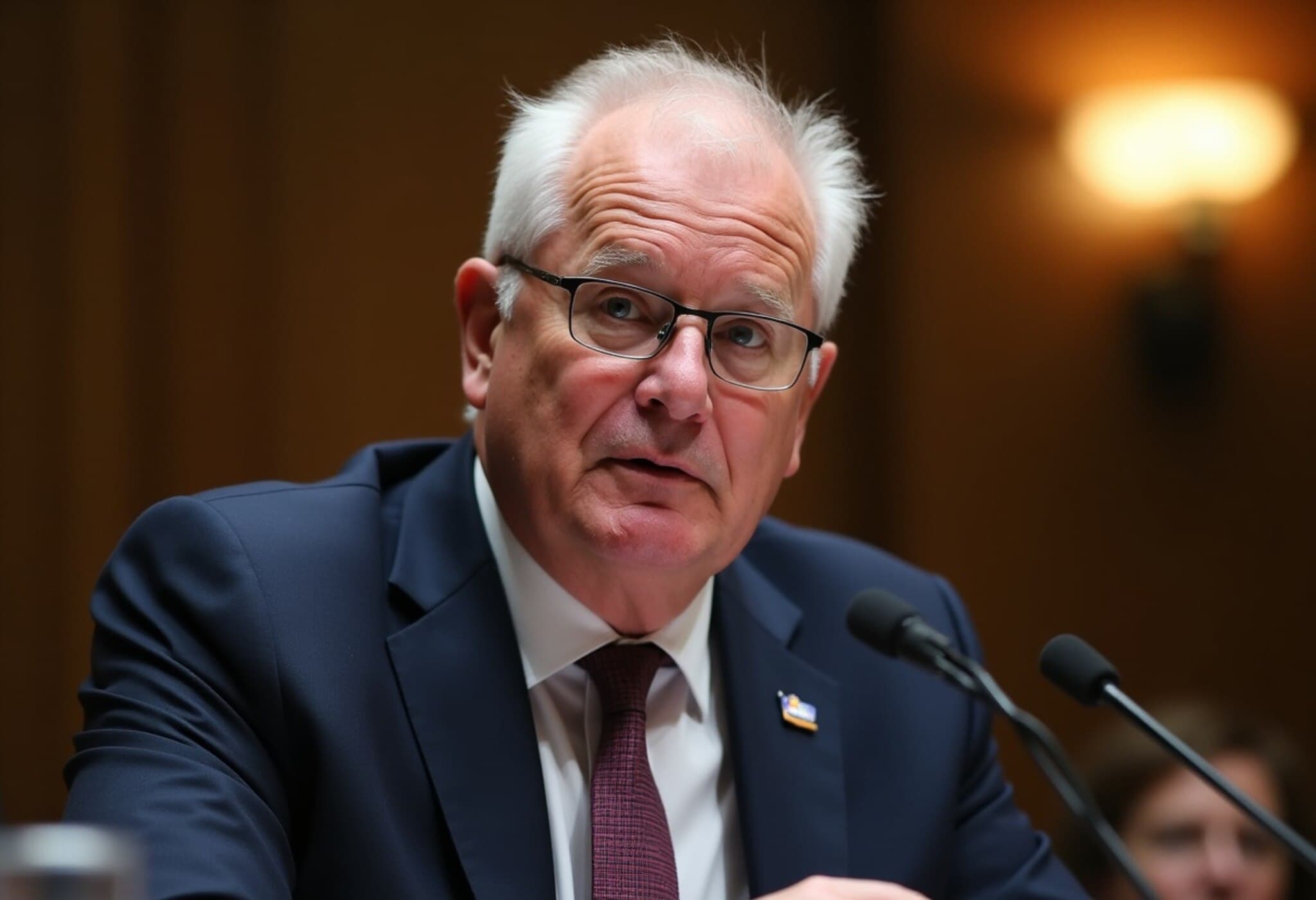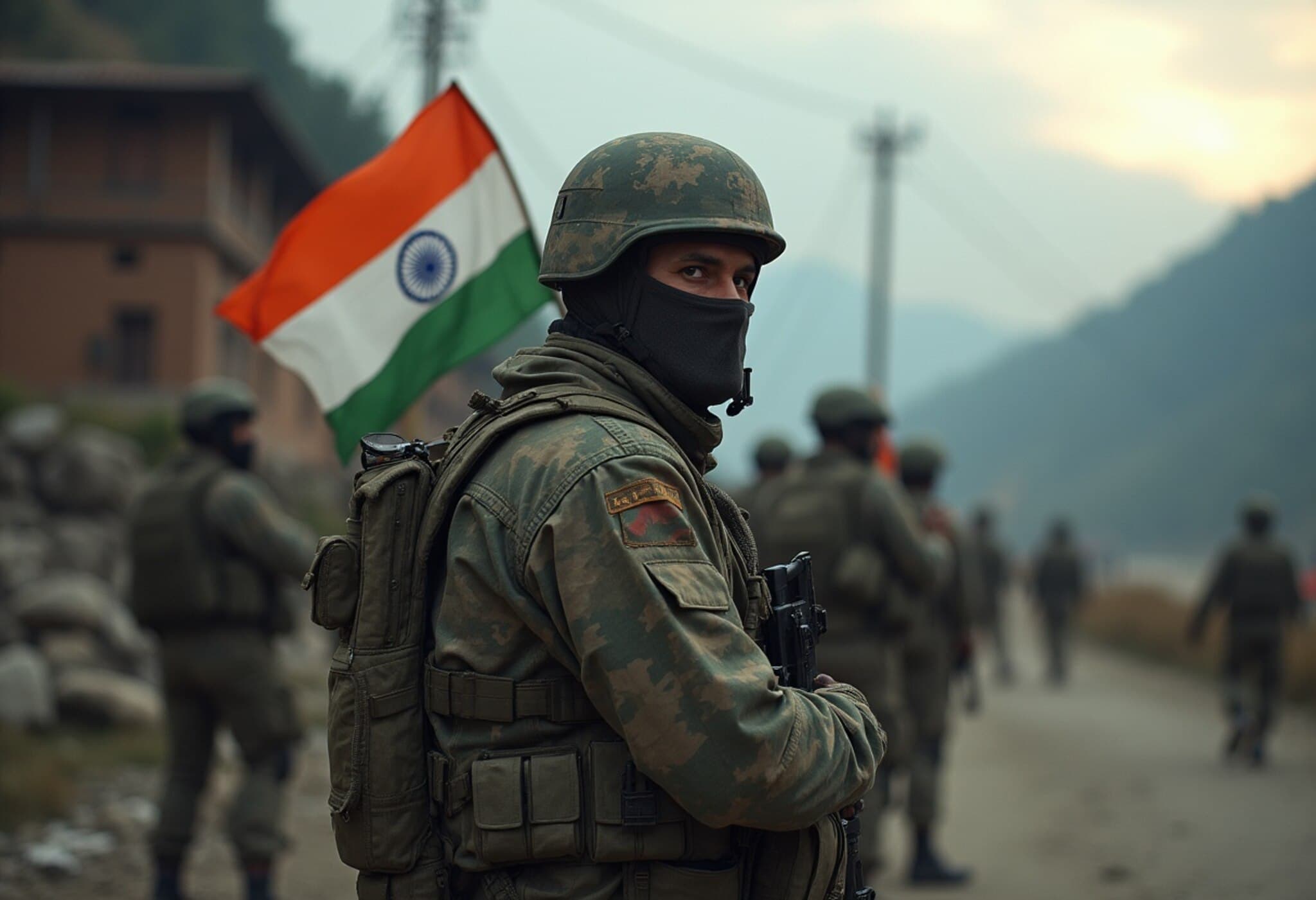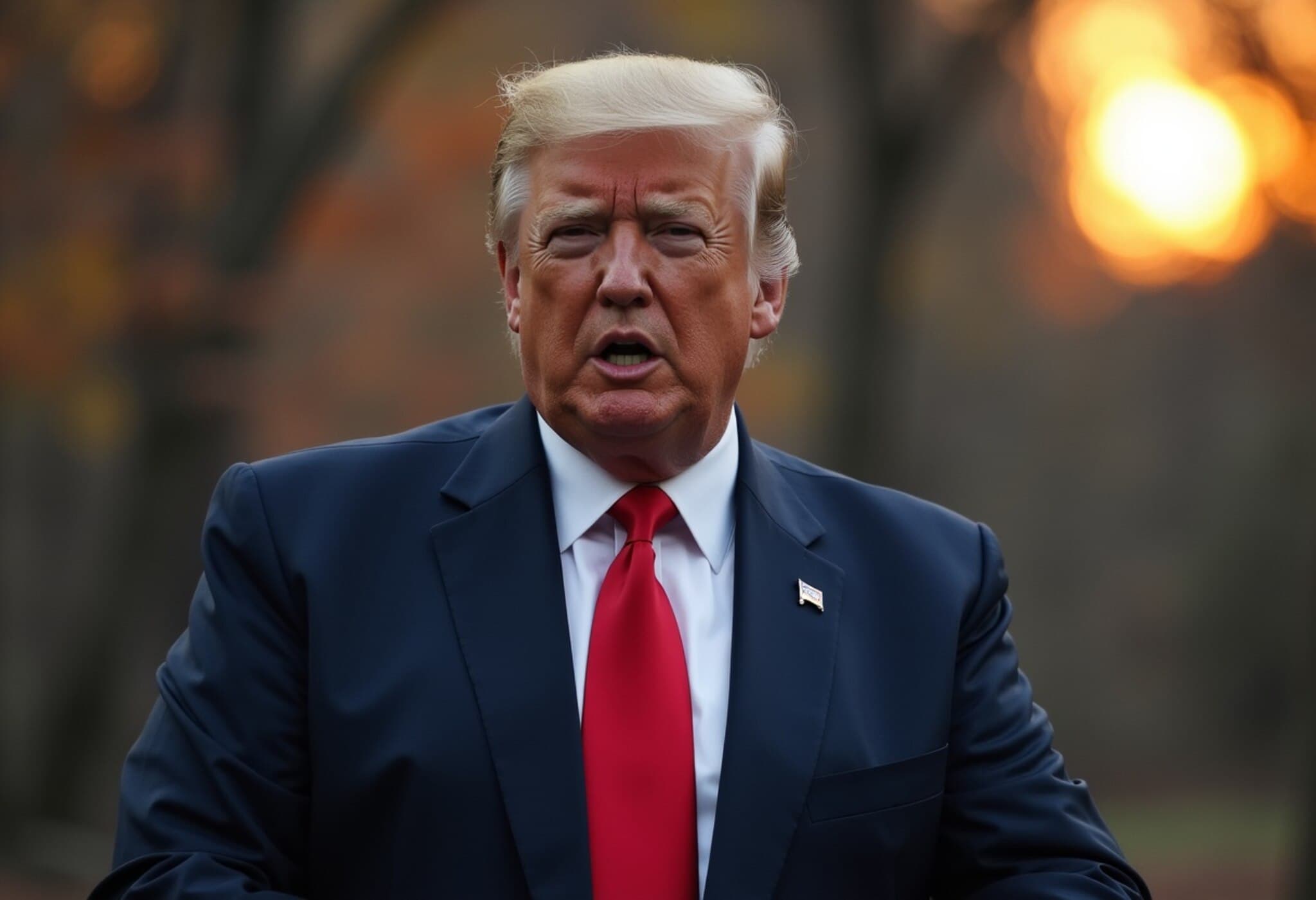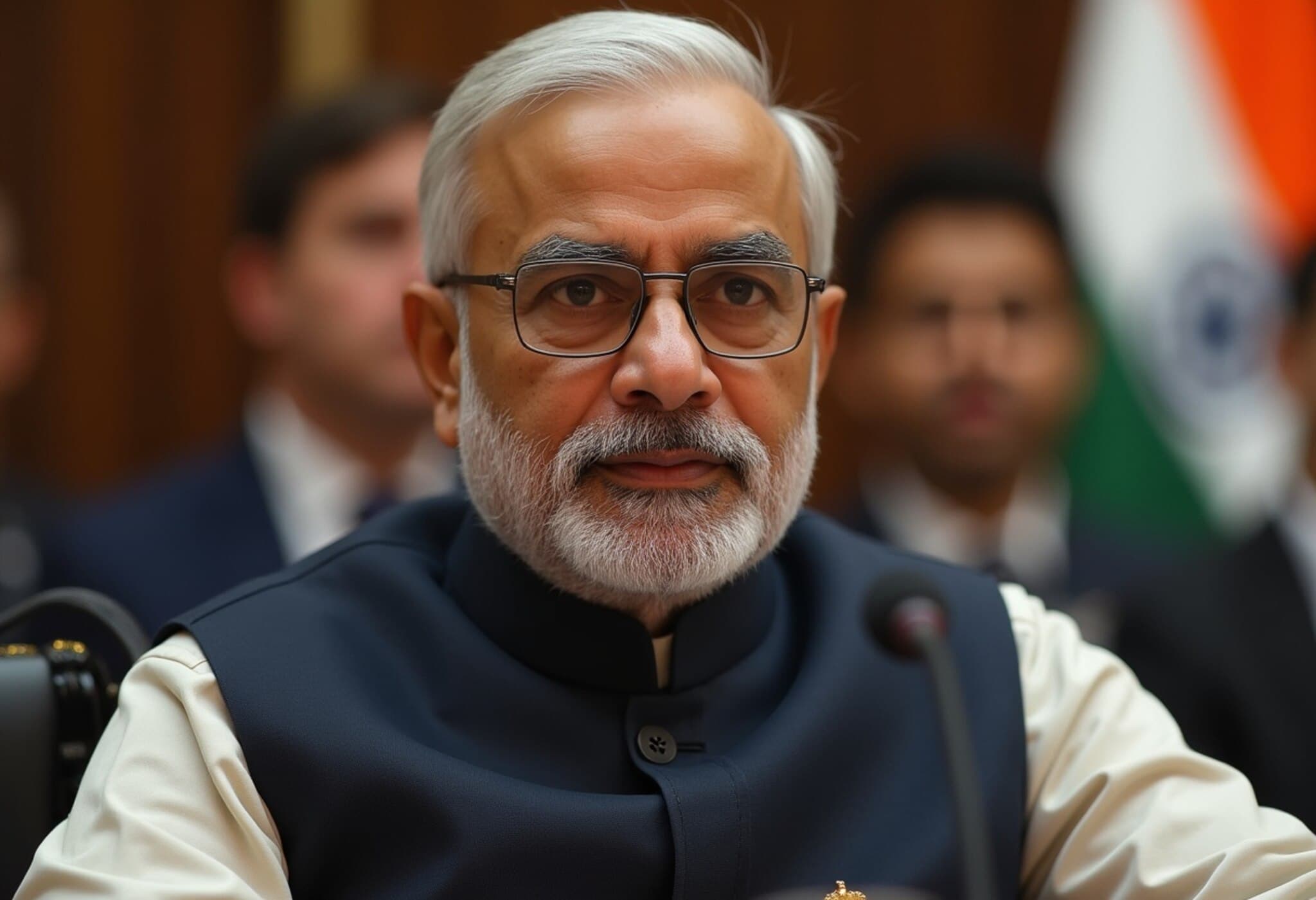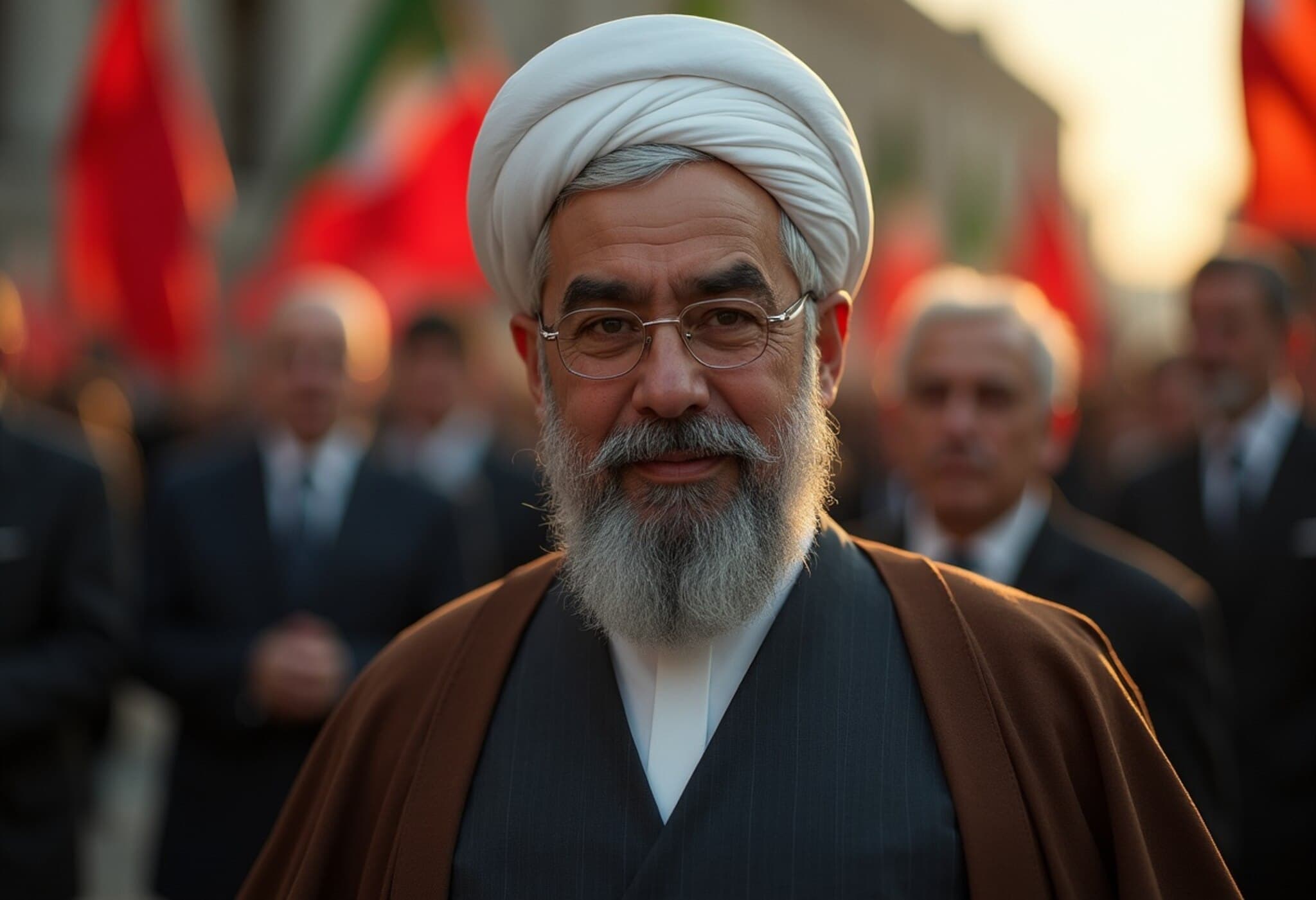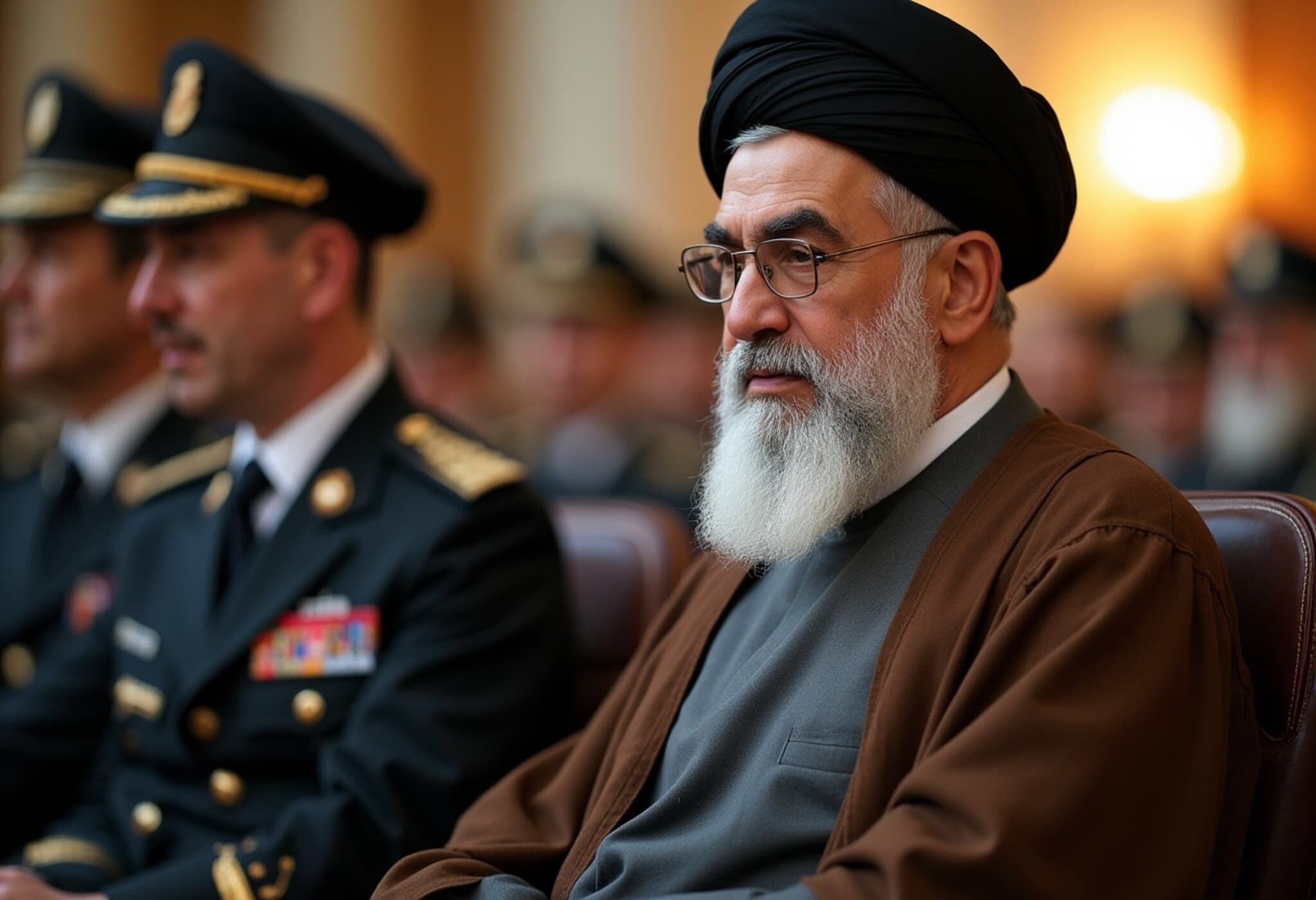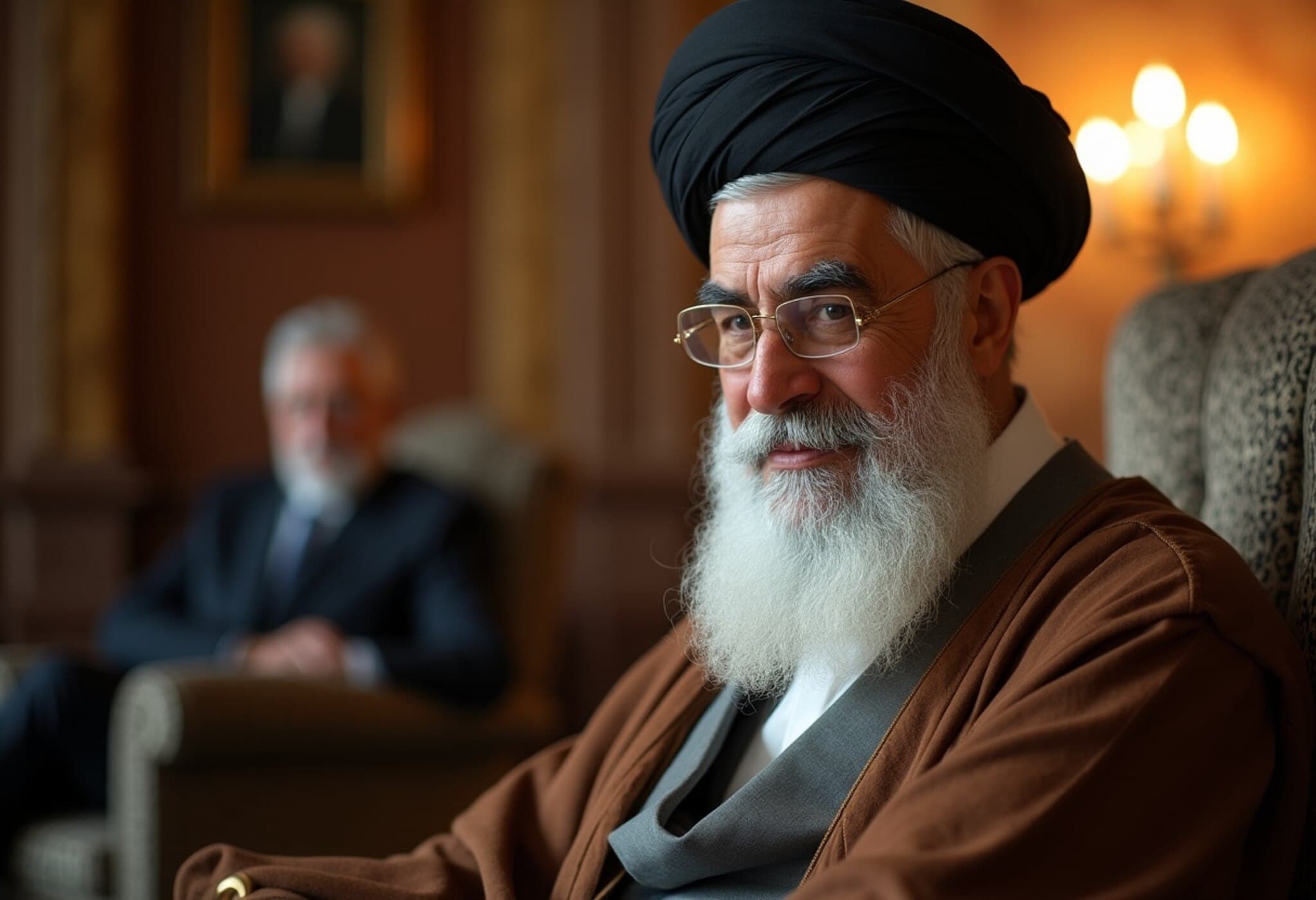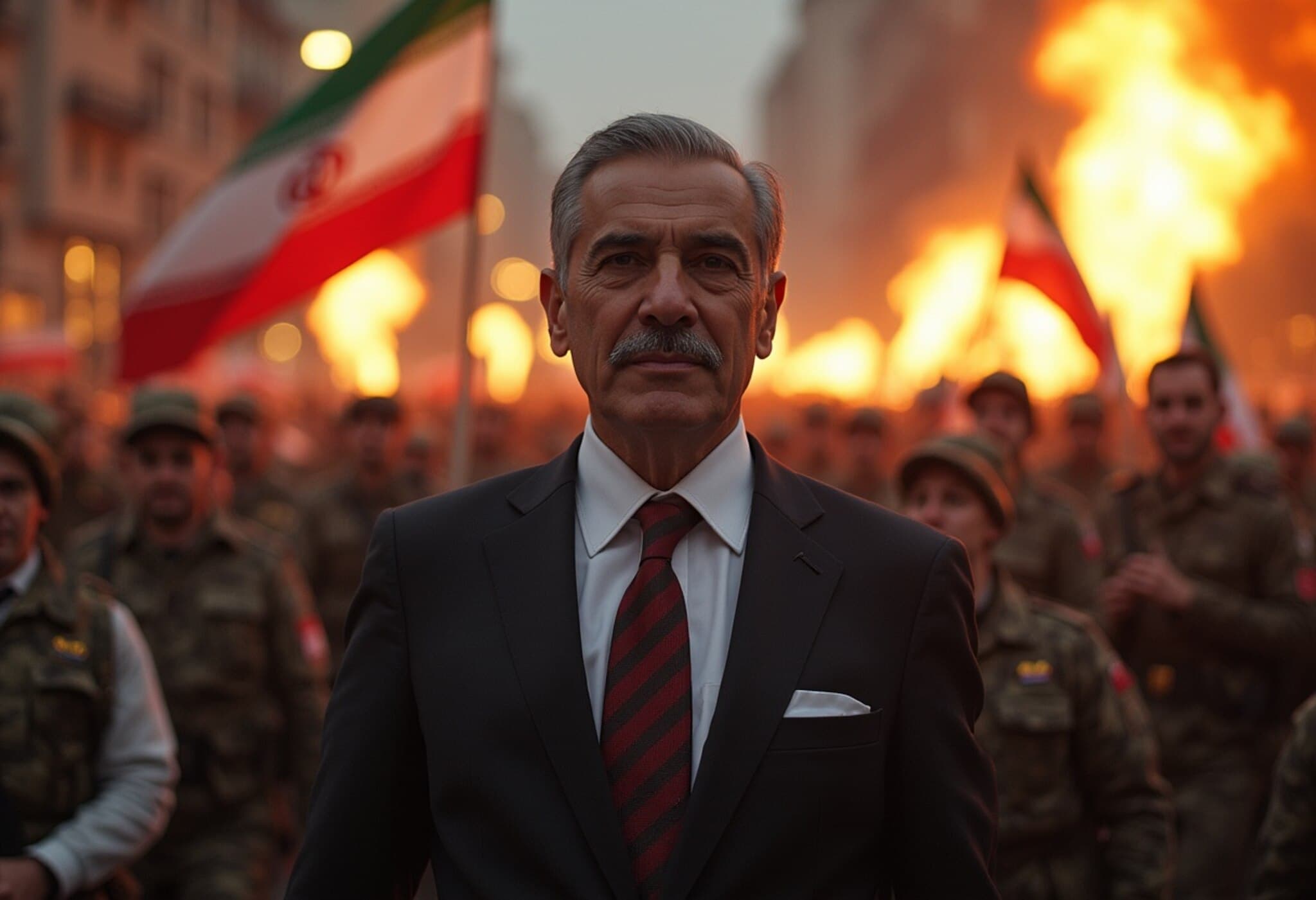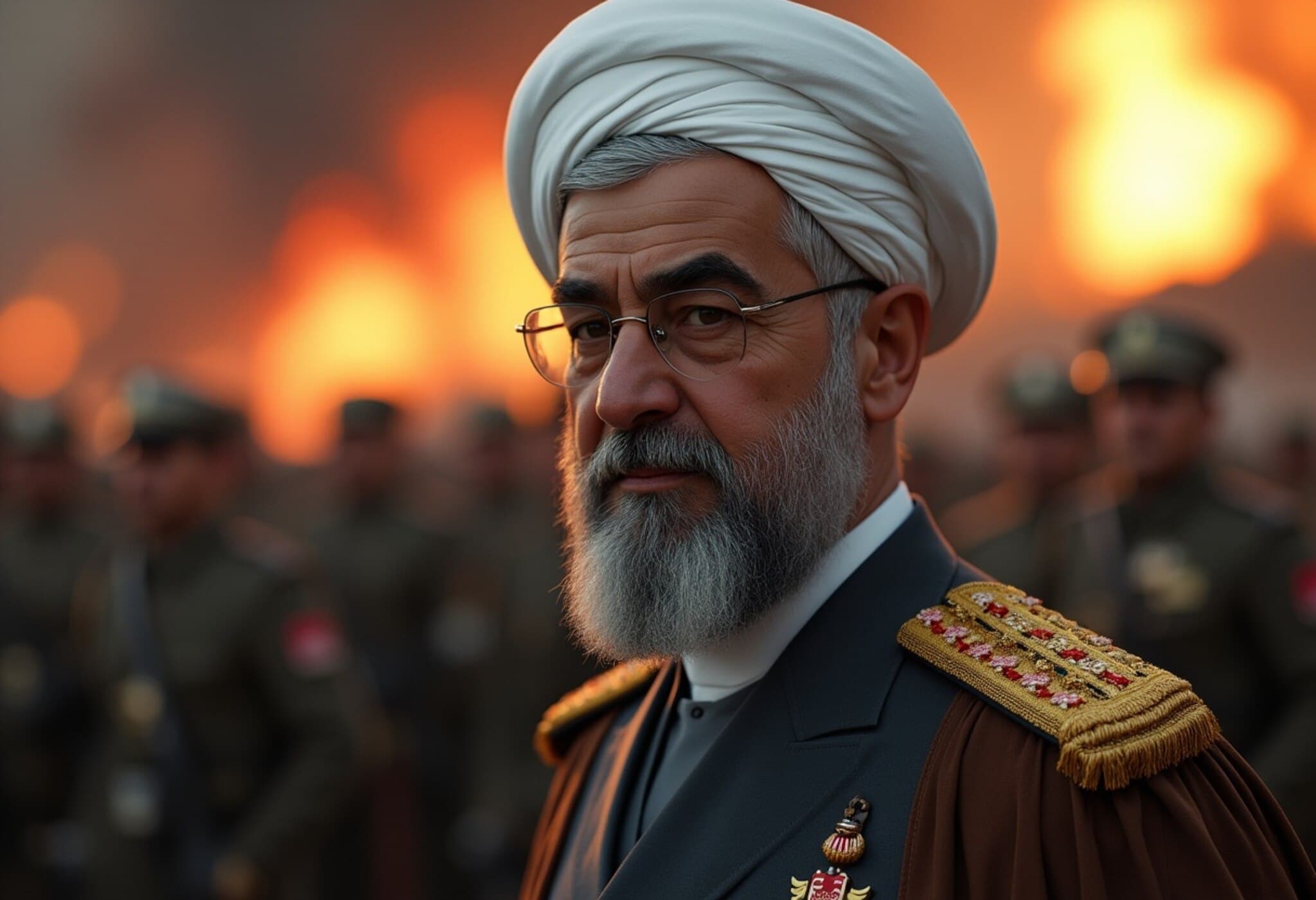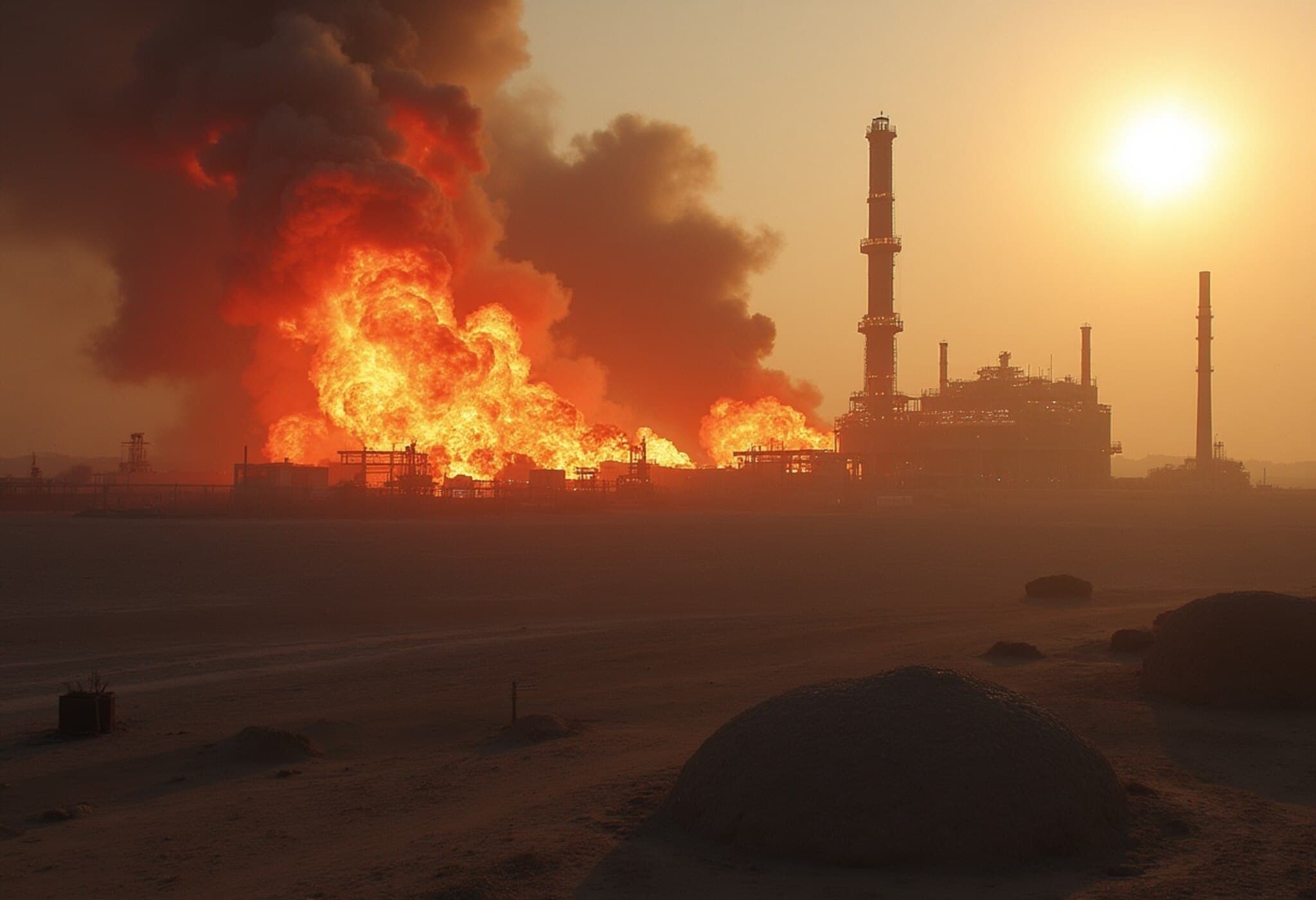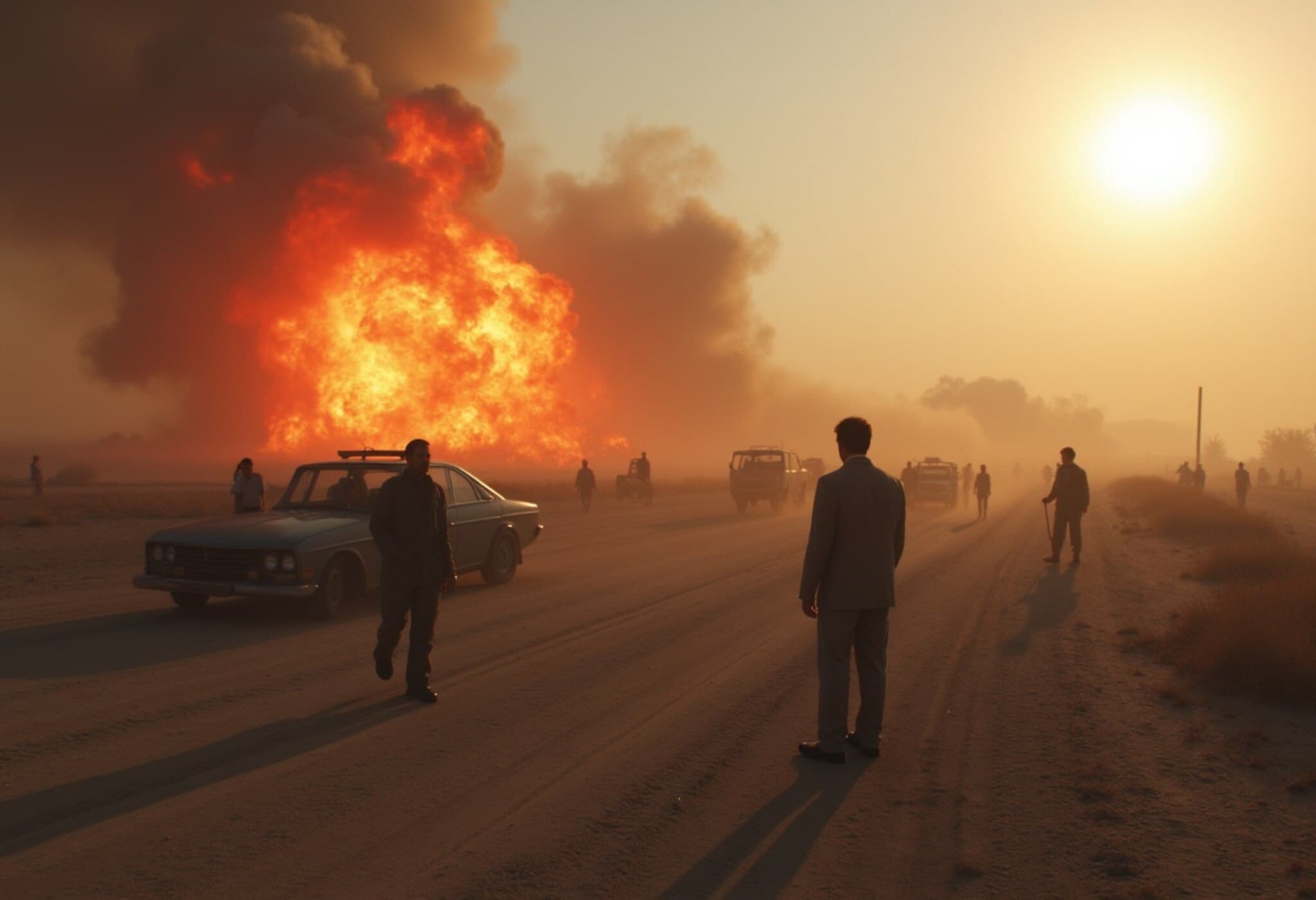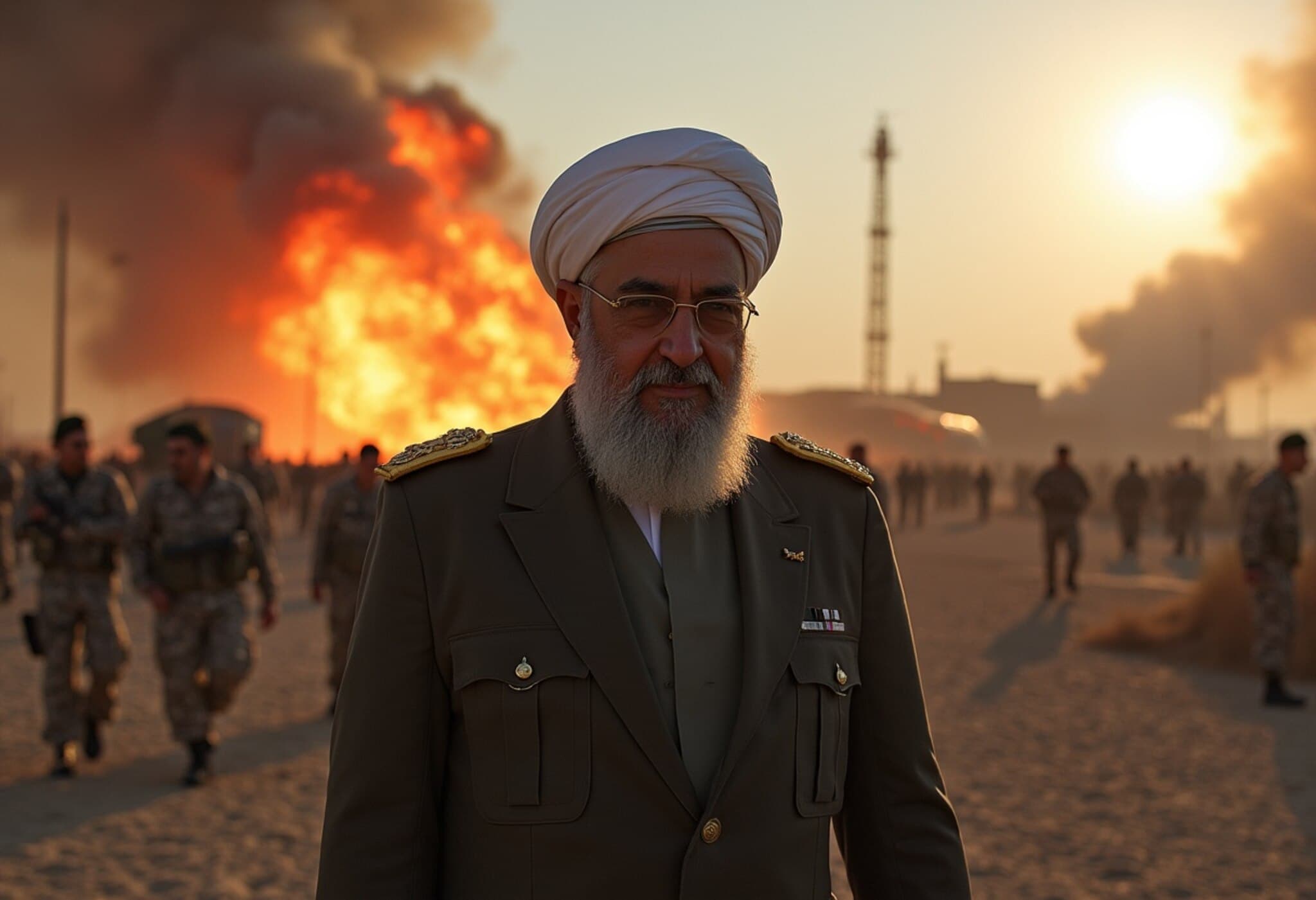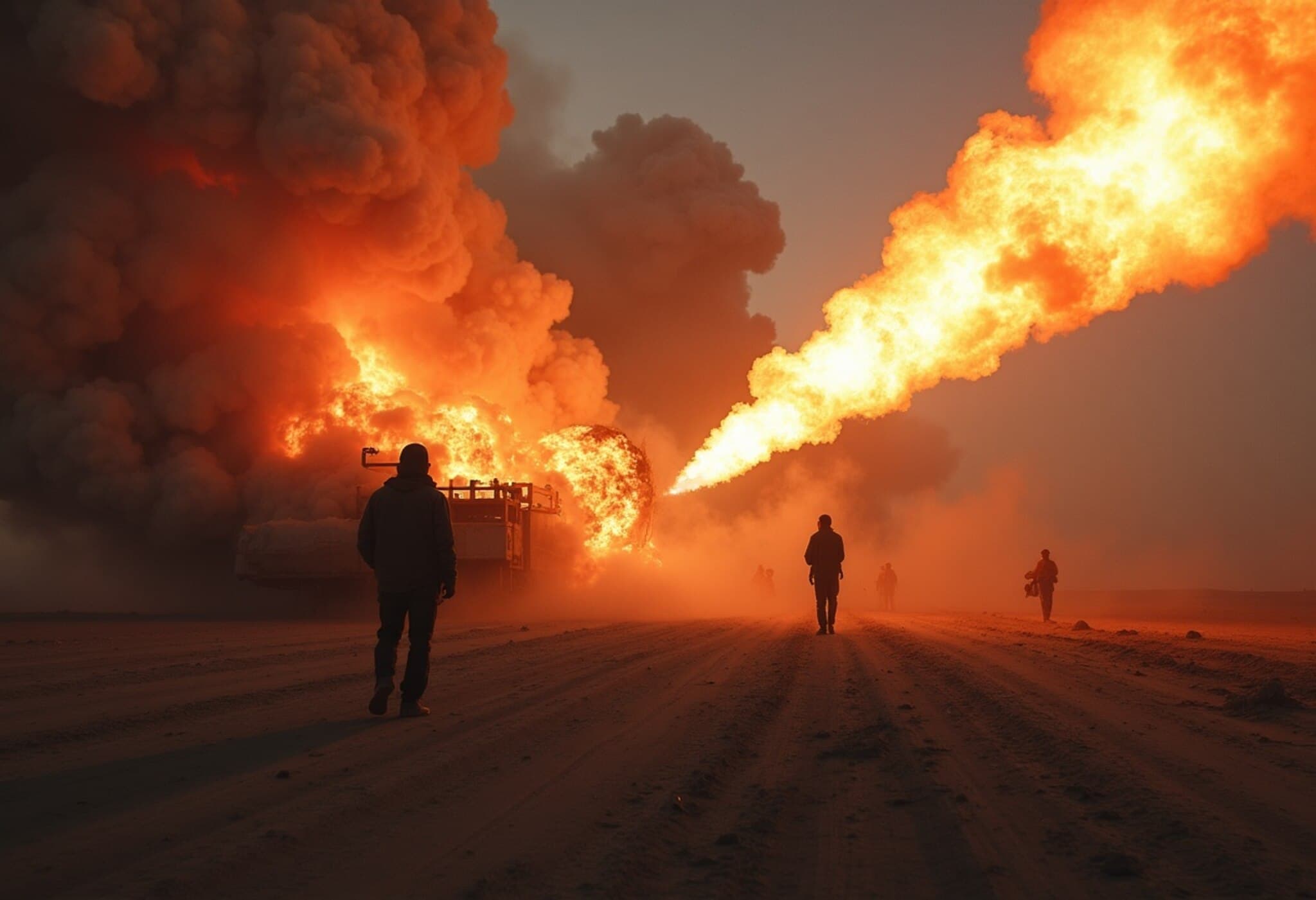Reza Pahlavi: A Beacon of Change Amid Iran’s Turmoil
After nearly 50 years in exile, Reza Pahlavi, son of Iran’s last Shah, is positioning himself as the pivotal figure who could lead the country through a critical turning point. Against the backdrop of recent military strikes and escalating tensions that have rattled Iran’s regime, Pahlavi declared this as Iran’s very own "Berlin Wall moment."
Drawing Parallels to a Historic Turning Point
The fall of the Berlin Wall in 1989 marked the swift end of communist rule across Eastern Europe. Pahlavi invokes this powerful analogy to envision an Iran liberated from decades of clerical rule. Clad in a sharp suit and wearing an Iranian flag pin, he articulated a hopeful future: "Imagine a free and democratic Iran, coexisting peacefully with its neighbors and thriving economically."
Stepping Up to Lead
Declaring himself ready to spearhead this nation-wide transition, Pahlavi insisted, "I have a clear plan to guide Iran into its next chapter." This is not merely rhetoric; for decades, he has been a consistent critic of the Islamic Republic, rallying Iranians — including members of the military and civil servants — to abandon the current system and embrace a new national vision.
Recent Military Strikes Intensify Pressure
The climate of unrest intensified following a series of major foreign military strikes on Iran over twelve days. Israeli forces targeted nuclear facilities, Revolutionary Guard bases, and energy infrastructure, even impacting civilian regions. Iran swiftly retaliated, prompting the United States to launch its own strikes using stealth bombers equipped with bunker-busting missiles on several nuclear sites.
The rhetoric from the U.S. escalated dramatically, with political leaders openly discussing regime change. One statement notably read, "If the current Iranian regime is unable to MAKE IRAN GREAT AGAIN, why wouldn't there be a regime change?" The threats and military actions combined to shake the foundations of Iran’s leadership.
Pahlavi’s Call to Courage
Amid this turbulence, Pahlavi took center stage in international media, urging Iranians not to fear the aftermath of the regime’s fall. "Iran will not descend into chaos or civil war, but instead rise anew," he insisted. His message sought to reassure a nation fraught with uncertainty.
The Opposition’s Potential Leader
Should the Islamic Republic collapse, Pahlavi stands to gain prominence as a leading opposition figure. Carrying the legacy of the Pahlavi dynasty, he commands both historical name recognition and appeal among segments of the population discontented with clerical rule.
In a recent social media post, he criticized the current regime, calling it "crumbling" and urged its Supreme Leader to step down for the good of Iran’s future. Fresh reports suggest families of top regime officials may be preparing to flee, heightening speculation about the regime’s stability.
His direct appeal: "Join your fellow Iranians and stand on the right side of history — this is your final chance."
From Exile to Activism
Reza Pahlavi’s exile began as a teenager when the Iranian monarchy was overthrown. Educated in the US military, he never returned to Iran but grew into a symbol of resistance from afar—issuing statements after crackdowns, appearing in international forums, and cultivating support among Iranians living abroad.
Shifting Political Winds: Uncertainty Ahead
Yet, the timing remains precarious. The recent conflict between Israel and Iran concluded with a US-brokered ceasefire. Subsequently, US leadership appeared to soften its stance, expressing reluctance for regime change due to the potential chaos it might unleash.
Statements now hint at a willingness by Iran’s government to resume negotiations with the United States, signaling a possible easing of tensions and a pause in direct confrontation.
This evolving situation leaves Reza Pahlavi’s ambitions at a crossroads — whether his moment will truly come depends on how events unfold in the coming weeks.

